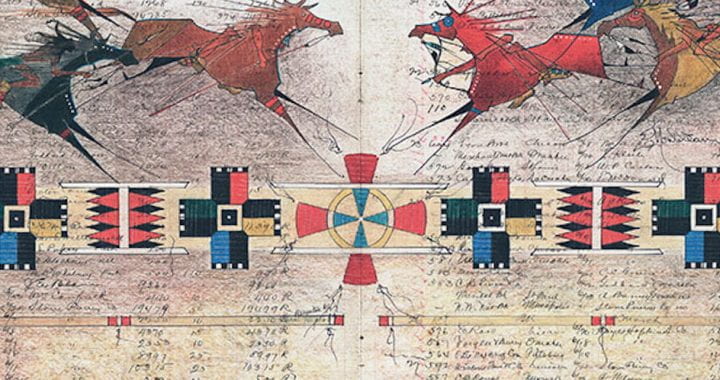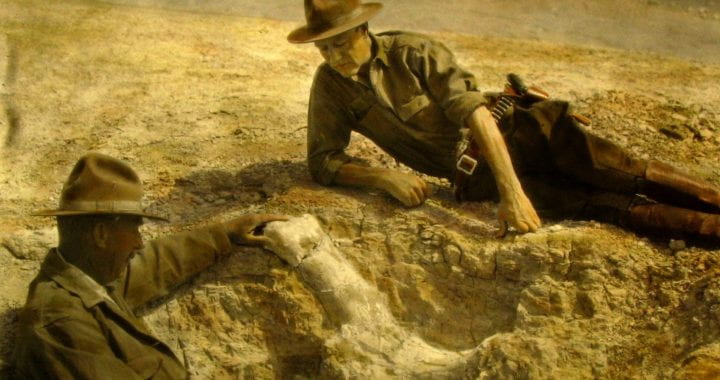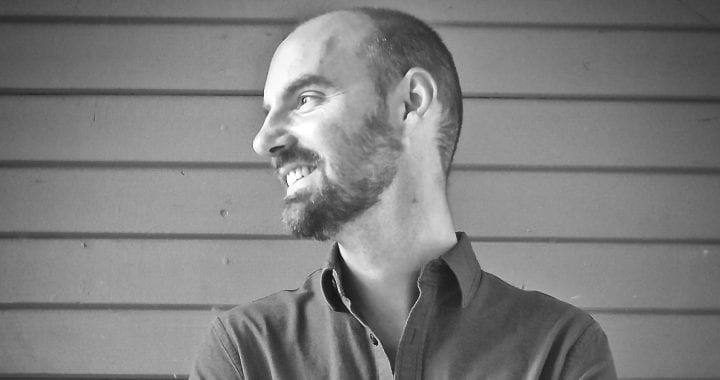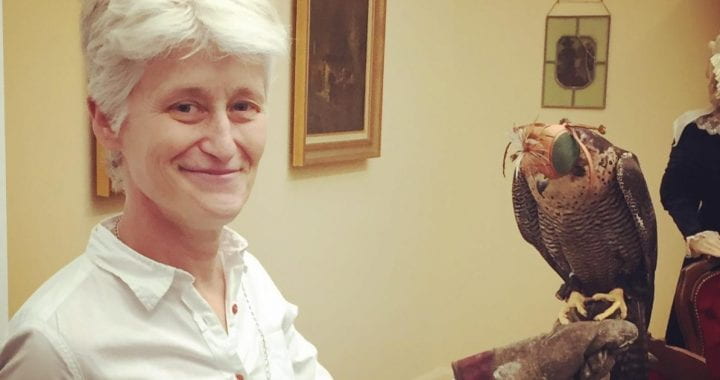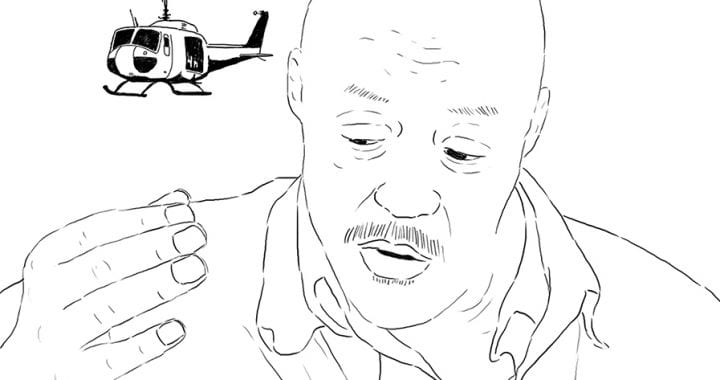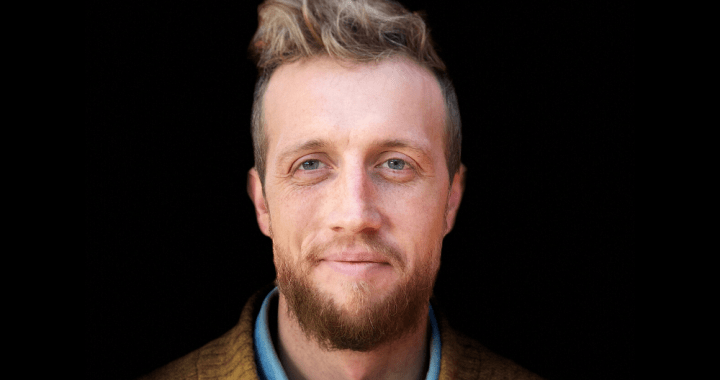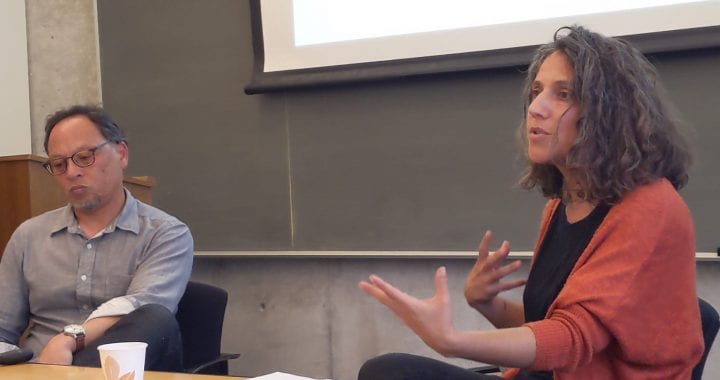Following on this quarter’s series of conversations about the historical space opened by the current pandemic, we will come together in a collective, active exercise of imagining the university to come. Prior to the meeting, please respond to five questions about the future university you would like to participate in post-pandemic; the questions are versions of those from Bruno Latour’s essay discussed in early May. Each of you will suggest one practice you think should cease, one you think should continue, and one new practice that you would like to be part of the university of the future, as well as how to enable the kind of capacities needed to transition to these new activities. We will spend the colloquium working together to see where we agree and where we disagree, and to come up with something to hope for that might help and even guide us in the time to come.
Jody Greene came to UC Santa Cruz in 1998 and has served as Professor of Literature, Feminist Studies, and the History of Consciousness. Her research interests include seventeenth- and eighteenth-century British literature; non-dualist Western philosophy, especially the work of Spivak, Derrida, and Nancy; human rights and international law; queer studies; and the history of literary discourse and literary institutions. Her forthcoming collection, co-edited with Sharif Youssef, is The Hostile Takeover: Human Rights after Corporate Personhood. She is the recipient of the UCSC Humanities Division John Dizikes Teaching Award (2008), the Disability Resource Center Champion of Change Award (2018), and, twice, of the UCSC Academic Senate Excellence in Teaching Award (2001, 2014). In 2016 she was appointed the founding Director of the Center for Innovations in Teaching and Learning (CITL) and she now serves as UCSC’s first Associate Vice Provost for Teaching and Learning.
Please respond to the questions by 10AM on Wednesday, June 3.
Please also RSVP by 10AM on Wednesday, June 3 to receive Zoom link and password for the session.
Photo by Casey Horner




